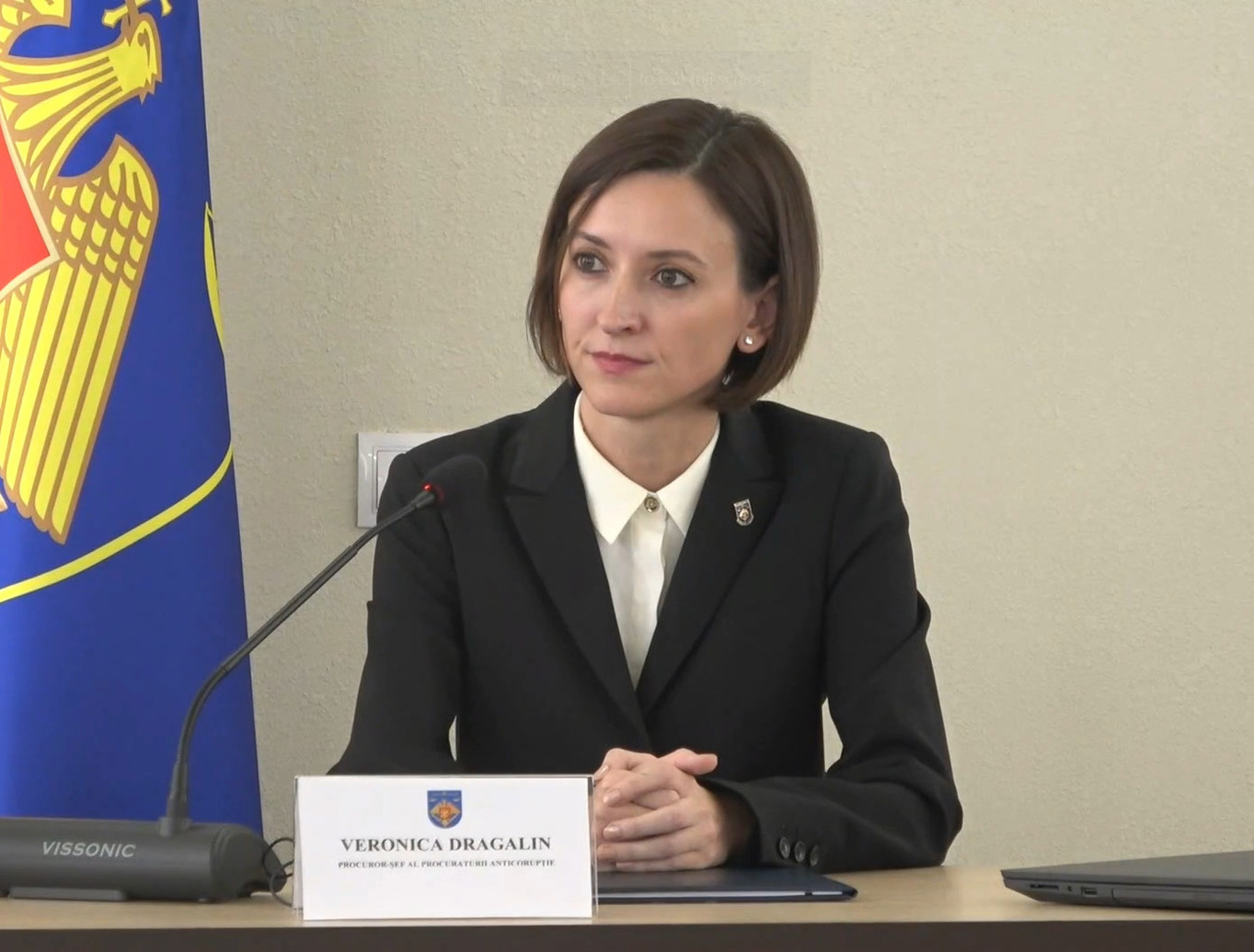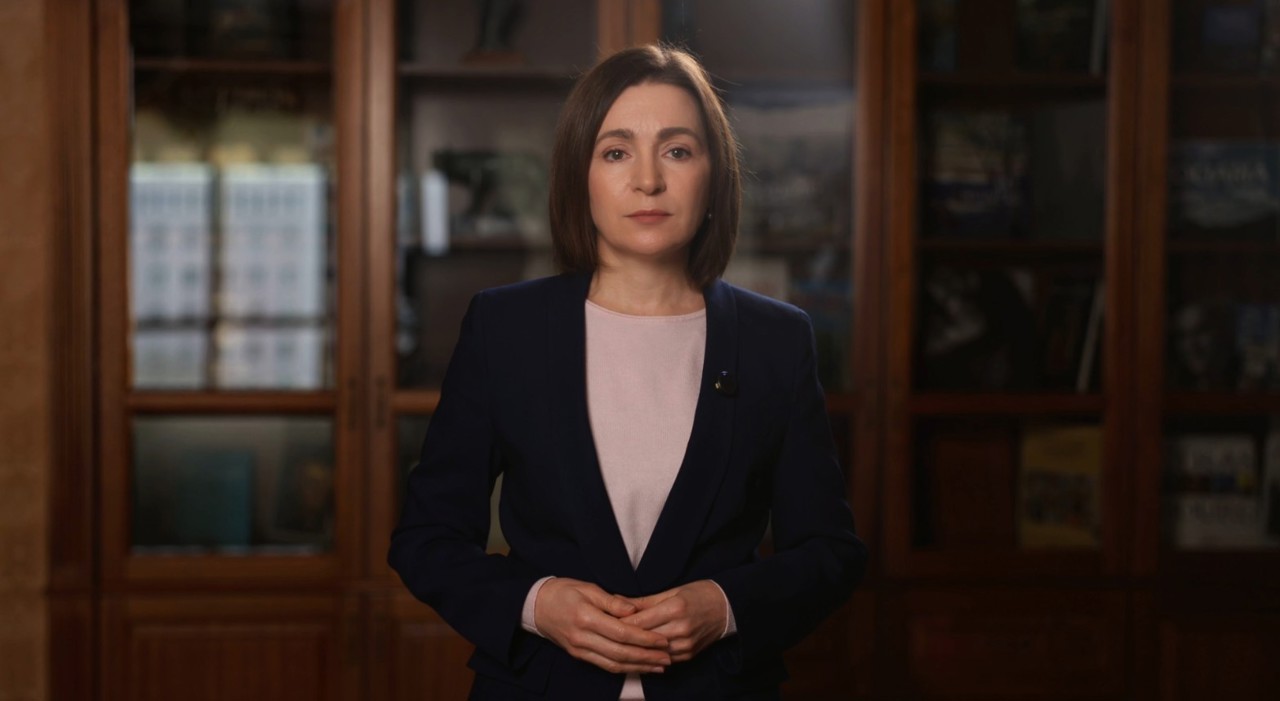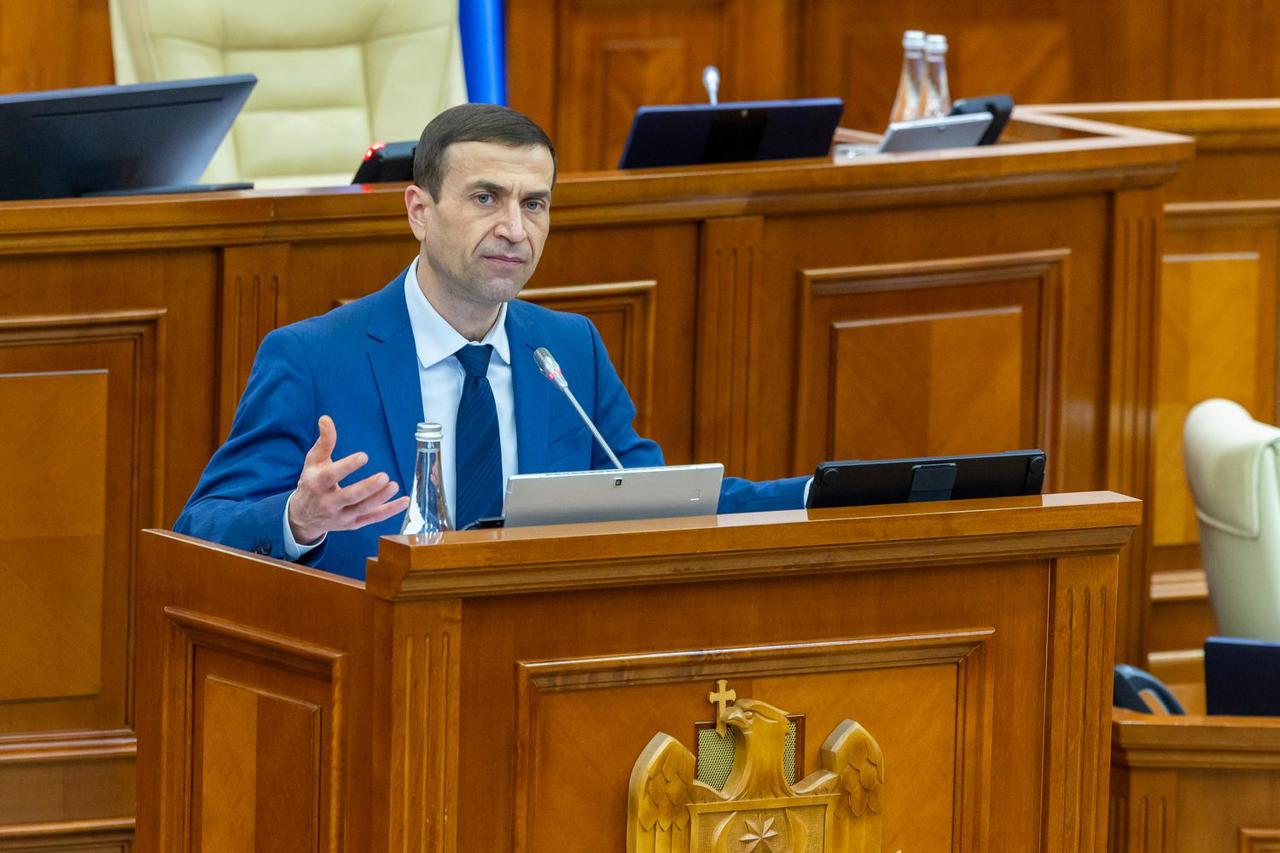Anti-Corruption Prosecutor's Office asks SCM to urgently initiate disciplinary proceedings against judge in Andronachi case
The judge of the Buiucani Court of Chisinau has ordered the examination of the criminal case against ex-deputy Vladimir Andronachi in the "Bank Fraud" case in a closed session, at the request of the defence. As a result, the general public, including journalists, will be forbidden to find out information on the conduct of the judicial investigation, including the statements of witnesses, the content of evidence, etc. in this episode of the bank fraud, said Veronica Dragalin, head of the Anticorruption Prosecutor's Office.

The head of the Anti-Corruption Prosecutor's Office says that "it is a firm position that all corruption cases must be tried in public hearings, but especially cases that concern social interest, such as bank fraud and people who hold or have held positions of public dignity".
"Society has the right to know how the biggest fraud in the history of the Republic of Moldova was committed, through which billions of lei were stolen from citizens. In addition, society has the right to know about the actions of people who hold or have held public office who had an obligation to always act in the interests of the state and citizens."
Moreover, the Anti-Corruption Prosecutor's Office says that public hearings allow citizens to observe first-hand how the justice system works and to hold prosecutors, judges, lawyers and defendants accountable for their actions in court. Public trials also ensure justice and show whether our justice system is working fairly and impartially, said the head of the PA.
Thus, the principle of publicity is recognised not only in the European Convention on Human Rights, but also in the Constitution of the Republic of Moldova (art. 117) and in the Code of Criminal Procedure (art. 18), Veronica Dragalin recalled.
In the Andronachi case, the Anti-Corruption Prosecutor's Office advocated for the case to be heard in open court, which will ensure a fair trial and strengthen society's confidence in the fairness of the proceedings and the court's decision.
The judge rejected this argument and accepted the defendant's argument that "any reports and/or broadcasts related to the present judicial proceedings might emotionally affect" the defendant's family. The judge also argued that the evidence gathered from financial institutions "constitutes bank secrecy" and that "the case materials contain information that is also attributed to state secrecy."
"This unfounded decision violates the law, the Constitution of the Republic of Moldova and European principles. Schemes and crimes committed in bank fraud will not be covered up and hidden as "bank secrets" or "state secrets". The existence of documents taken with the authorization of the investigating judge from commercial banks does not constitute an argument to spend court sessions in closed proceedings. The prosecution, which represents the interests of the State, has not invoked the protection of State secrets, and the prosecutors have not presented evidence that would constitute State secrets in this case. This interest cannot be invoked by defendants who have violated the law and harmed the State. It is inadmissible to violate society's right to public hearings in order to spare the defendant from the unpleasant consequences of his actions."
The law does not allow the state prosecutor to challenge this decision at this stage of the case, yet the Code of Criminal Procedure expressly states that such court decisions can only be challenged with the sentence.
Veronica Dragalin has publicly and urgently urged Parliament to amend the Code of Criminal Procedure to allow prosecutors to challenge court rulings that are contrary to the law.
"The Anti-Corruption Prosecutor's Office will ask the Superior Council of Magistracy for legal intervention to initiate disciplinary proceedings against the judge who took this decision which contravenes the Code of Criminal Procedure, the Constitution and the European Convention. We request that the newly formed SCM examine the complaint in this case as soon as possible", concluded the head of the Anti-Corruption Prosecution Office.





